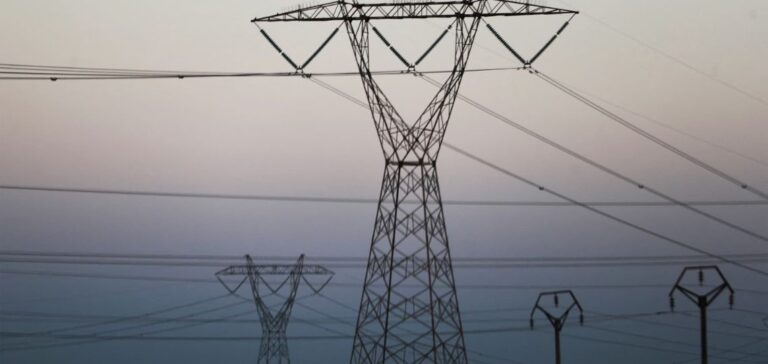Iraq has taken a crucial step towards securing its energy supplies by inaugurating a new power line linking Turkey to its northern provinces. This initiative is part of a wider effort to diversify energy sources to remedy the chronic blackouts that cripple the country, particularly during the scorching summers. The new 115 km line, connected to the Kisik power station west of Mosul, will supply 300 megawatts of electricity to the provinces of Nineveh, Salah al-Din and Kirkuk. According to the office of Prime Minister Mohamed Chia al-Soudani, this installation represents a “strategic” step towards strengthening energy links with neighboring countries and stabilizing domestic supply.
Decades of Energy Challenges
Iraq’s infrastructure has been severely damaged by decades of conflict, leaving many regions with limited and intermittent access to electricity. In summer, temperatures often reach 50 degrees Celsius, making power cuts particularly trying. Most households have only a few hours of electricity a day, and rely on private generators to run refrigerators and air conditioners. Despite its vast oil reserves, Iraq is heavily dependent on energy imports, particularly from Iran. However, these supplies are often interrupted, exacerbating the country’s energy challenges. Prime Minister Soudani stressed the importance of diversifying energy sources to reduce this critical dependence.
Strategic Objectives and Regional Projects
As part of this diversification strategy, the Iraqi government aims to complete connection to the Gulf Cooperation Council (GCC) power grid by the end of the year. This integration into the regional energy system should offer greater stability and enable Iraq to further diversify its sources of supply. Last March, another 340 km power line was commissioned to bring electricity from Jordan to the al-Rutbah region in south-west Iraq. These initiatives demonstrate the government’s commitment to securing reliable, long-term energy sources to support reconstruction and economic growth.
Perspective and Analytical Reflection
Diversification of energy sources is crucial for Iraq to ensure long-term stability and meet the growing needs of its population. By linking its power grid to those of its neighbors, Iraq is seeking not only to make up for current deficiencies, but also to position itself as a key player in the regional energy market. However, the success of these initiatives will depend on the government’s ability to maintain security and stability in the regions concerned, as well as on the evolution of diplomatic relations with supplier countries. The ongoing project with the GCC and the new connections with Turkey and Jordan are significant milestones on the road to greater energy independence and reduced vulnerability to external fluctuations.






















